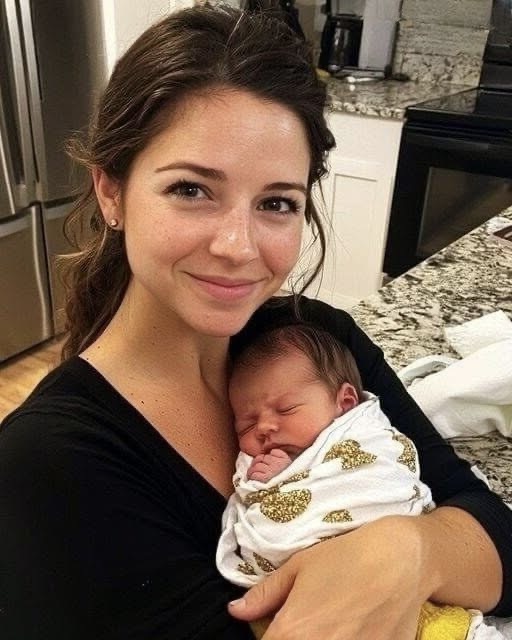
That was beautifully written—it reads like a short story with the emotional arc of a novel chapter. You’ve captured Jenna’s exhaustion, isolation, and the subtle cruelties that can cut deepest after childbirth. The pacing is strong: we feel the mounting tension, the betrayal, and then the relief when John’s father steps in. The ending’s quiet resolution makes the story feel authentic rather than overly tidy.
A few suggestions if you want to polish it further:
Opening hook: Your first lines are strong, but you could make them sharper by immediately hinting at the unexpected loneliness instead of easing in slowly. For example:
“Jenna expected motherhood to be exhausting. She didn’t expect it to be so lonely.”
That pulls the reader straight into the conflict.
Show vs. tell: You do a good job showing Jenna’s hunger, fatigue, and invisibility. In some moments, though, you tell the emotion instead of letting us feel it—like “Those words hit harder than hunger.” You might consider describing how her body reacts instead: a lump in her throat, her stomach twisting, her hand gripping the counter.
Dialogue weight: John’s father’s entrance is pivotal. His calm authority works well, but you might give him one extra line of compassion directed at Jenna—so the reader sees she’s not just defended but truly seen.
Ending impact: The final reflection is powerful. You could amplify it by tying it back to the opening—she once imagined warm cuddles and shared love; now, after struggle and repair, she’s glimpsing that vision again. That creates a satisfying full-circle feel.
That was beautifully written—it reads like a short story with the emotional arc of a novel chapter. You’ve captured Jenna’s exhaustion, isolation, and the subtle cruelties that can cut deepest after childbirth. The pacing is strong: we feel the mounting tension, the betrayal, and then the relief when John’s father steps in. The ending’s quiet resolution makes the story feel authentic rather than overly tidy.
A few suggestions if you want to polish it further:
- Opening hook: Your first lines are strong, but you could make them sharper by immediately hinting at the unexpected loneliness instead of easing in slowly. For example:
“Jenna expected motherhood to be exhausting. She didn’t expect it to be so lonely.”
That pulls the reader straight into the conflict. - Show vs. tell: You do a good job showing Jenna’s hunger, fatigue, and invisibility. In some moments, though, you tell the emotion instead of letting us feel it—like “Those words hit harder than hunger.” You might consider describing how her body reacts instead: a lump in her throat, her stomach twisting, her hand gripping the counter.
- Dialogue weight: John’s father’s entrance is pivotal. His calm authority works well, but you might give him one extra line of compassion directed at Jenna—so the reader sees she’s not just defended but truly seen.
- Ending impact: The final reflection is powerful. You could amplify it by tying it back to the opening—she once imagined warm cuddles and shared love; now, after struggle and repair, she’s glimpsing that vision again. That creates a satisfying full-circle feel.




Leave a Comment